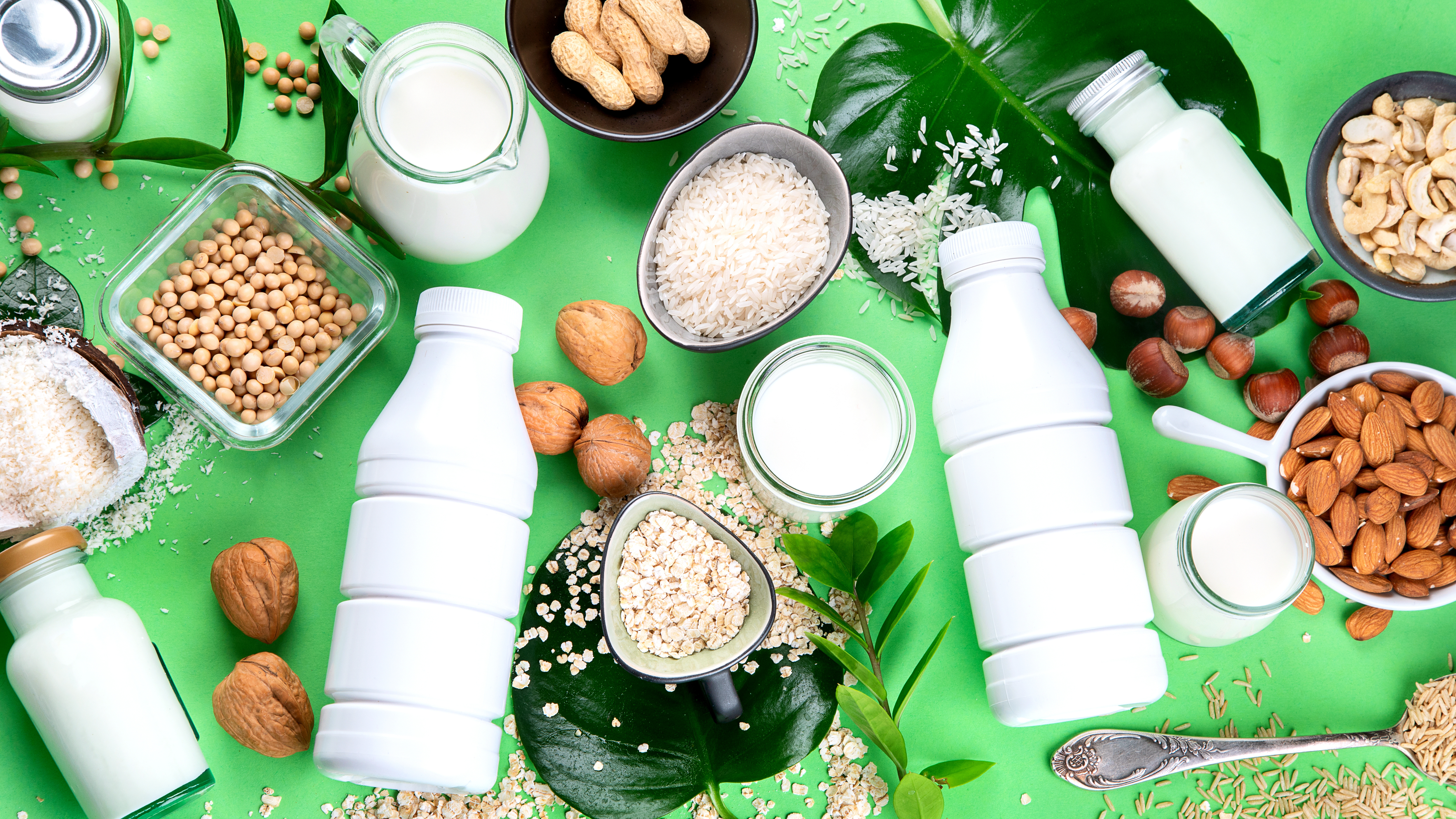NEW YORK — The value of the global plant protein market, at $29.4 billion in 2020, could surpass $162 billion by 2030, which would make up 7.7% of the global protein market, according to a report released in August by Bloomberg Intelligence.
The report titled “Plant-based foods poised for explosive growth” lists various reasons for the rise of the plant protein market. Companies like Beyond Meat, Impossible Foods and Oatly are partnering with restaurants. Traditional companies like the Kellogg Co. and Nestle SA are ramping up distribution of plant-based products and showcasing them in promotional campaigns.
Sales of plant-based meat and fish alternatives may reach 5% of the total meat and fish market by 2030. Plant-based dairy alternatives, largely comprised of milk alternatives, is a fairly mature market, according to Bloomberg Intelligence. Plant-based dairy could reach 10% of the total dairy market by 2030, which would be up from 4.5% in 2020.
Bloomberg Intelligence projects the alternative meat market, currently at $4.2 billion, could reach $74 billion in the next 10 years if it follows a similar growth pattern to that of plant-based milk alternatives. Alternative meat accounts for under 1% of total meat category sales currently while plant-based milk alternatives make up almost 15% of total milk sales.
Consumer awareness of the health and sustainability benefits and continued declines in product prices are driving plant-based meat growth. Over the next year chicken alternatives particularly could experience sales growth.
The Asia Pacific region is likely to dominate the plant-based protein market and reach sales of $64.8 billion by 2030, which would be up from $13.5 billion in 2020. Alternative dairy products, at 57%, will make up a majority of sales in Asia Pacific in 2030. The region is expected to have a population of more than 5 billion by 2030, which will strain resources and drive demand for plant-based protein, according to Bloomberg Intelligence.
Both North America and Europe may account for $40 billion by 2030. Bloomberg Intelligence forecasts Middle East and Africa reaching $8.2 billion in plant protein sales and Latin America reaching $8.8 billion.
“Food-related consumer habits often come and go as fads, but plant-based alternatives are here to stay — and grow,” said Jennifer Bartashus, senior consumer staples analyst at Bloomberg Intelligence. “The expanding set of product options in the plant-based industry is contributing to plant alternatives becoming a long-term option for consumers around the world.
“If sales and penetration for meat and dairy alternatives continue to grow, our scenario analysis suggests that the plant-based food industry has the potential to become ingrained as a viable option in supermarkets and restaurants alike.”

